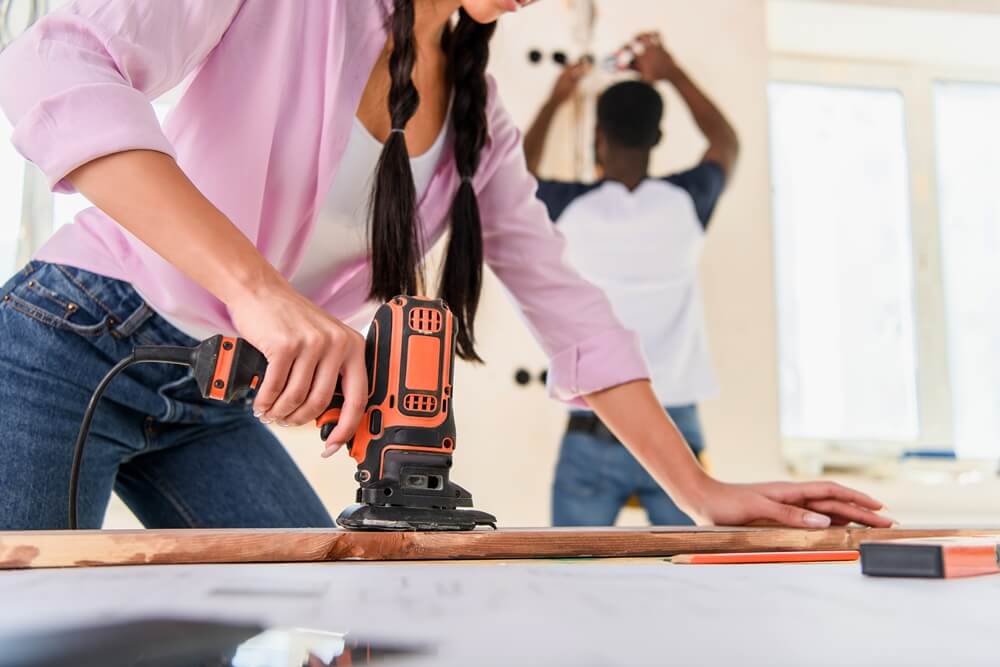
Selecting the right power tools can significantly impact the success and efficiency of your DIY or professional projects. With so many options available, it’s essential to consider key factors before making a purchase. This guide will help you choose the right power tools for your needs.
1. Identify Your Project Needs
Before buying any power tool, determine the type of projects you will be working on. Ask yourself:
- Do I need tools for woodworking, metalworking, or home repairs?
- Will I be using them for light tasks or heavy-duty construction?
- Do I need portable tools, or will they stay in a workshop?
2. Consider Power Source: Corded vs. Cordless
Power tools come in both corded and cordless options, each with its own advantages:
- Corded Tools – Provide continuous power, making them ideal for long hours of work. They are usually more powerful but require access to an outlet.
- Cordless Tools – Offer flexibility and portability, making them great for working in remote areas. However, battery life and charging time should be considered.
3. Check Power Ratings
Understanding power ratings helps you choose tools with the right level of performance:
- Voltage (V) – For cordless tools, higher voltage (e.g., 18V or 20V) means more power.
- Amperage (A) – For corded tools, higher amperage typically indicates more strength and efficiency.
- RPM (Revolutions Per Minute) – A higher RPM means faster operation, which is beneficial for drills and saws.
4. Look for Essential Features
Consider these features to enhance usability and safety:
- Variable Speed Control – Allows better precision for different materials.
- Brushless Motor – Increases efficiency and durability.
- Ergonomic Design – Ensures comfort during prolonged use.
- Built-in LED Lights – Helpful for working in dimly lit areas.
5. Choose Reliable Brands and Quality
Invest in reputable brands that offer durability, performance, and warranty support. Some trusted power tool brands include:
- DeWalt
- Bosch
- Makita
- Milwaukee
- Ryobi
6. Evaluate Safety Features
Power tools can be dangerous if not equipped with proper safety features. Look for:
- Safety Locks – Prevents accidental activation.
- Dust Collection System – Reduces airborne dust for a cleaner workspace.
- Overload Protection – Prevents overheating and extends tool life.
7. Set a Budget
Power tools come in various price ranges. While cheaper models may seem appealing, investing in quality tools can save money in the long run due to durability and efficiency.
8. Read Reviews and Test Before Buying
Before making a final decision:
- Read customer reviews to learn about real-world performance.
- If possible, test the tool in-store to check for comfort and usability.
Conclusion
Choosing the right power tools requires careful consideration of your project needs, power source, features, and budget. By investing in high-quality tools suited to your requirements, you can improve efficiency and safety while achieving professional results in your DIY or construction projects.

